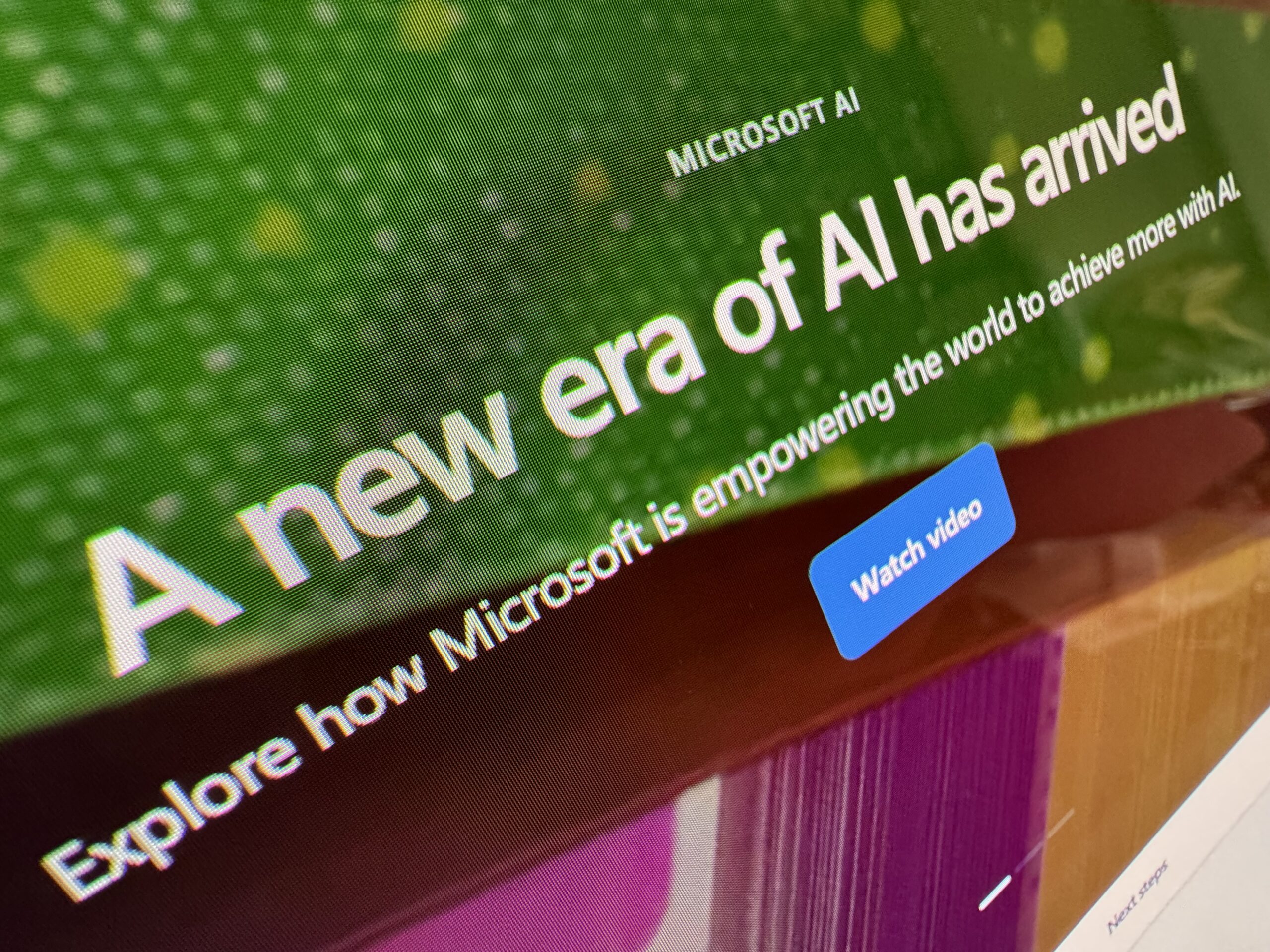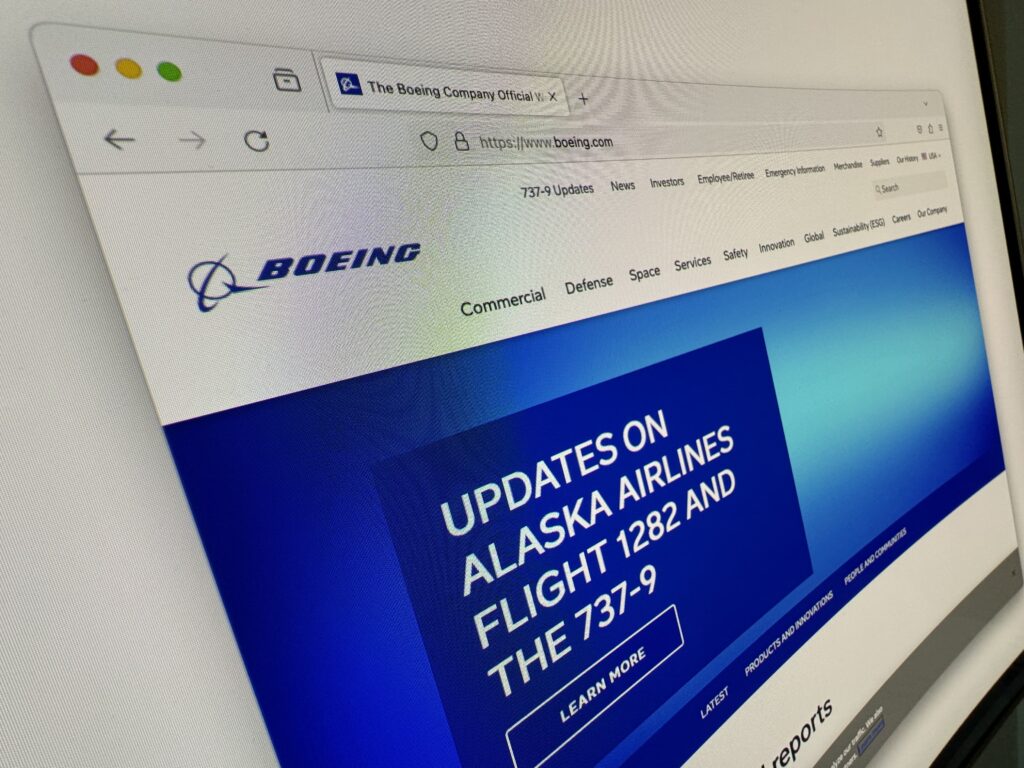| By Loc Le |
Microsoft and OpenAI were hit with a lawsuit filed by two authors in Manhattan federal court on January 5, 2024. The authors, Nicholas Basbanes and Nicholas Gage, claim in their class action complaint that Microsoft and OpenAI “simply stole” their copyrighted works without permission and then used them to train artificial intelligence models such as ChatGPT.
AI’s History of Contentious Concerns
This incident, however, is not the first time the two companies have been under criticism for copyright infringement claims relating to their artificial intelligence models. In September, for instance, well-known writers including Jonathan Franzen, John Grisham, George R.R. Martin, and Jodi Picoult sued OpenAI for the same reason. Additionally, in July, Paul Tremblay and Mona Awad filed a lawsuit against OpenAI for similar reasons. More recently on December 27, 2023, The New York Times also filed a lawsuit against the two companies claiming that their AI models were built by “copying and using millions” of the publication’s articles.
While The New York Times lawsuit is just intended for the publication company, the one Basbanes and Gage initiated is a broader class action lawsuit. This means that any author or legal beneficial owner in the U.S. whose copyrighted work has been used to train Microsoft and OpenAI’s artificial intelligence models can make a claim. According to the suit, the class is estimated to be comprised of tens of thousands of members and will seek damages of up to $150,000 for each copyrighted work that has been infringed.
OpenAI’s Defense of Training AI Models
Although the two companies have made no comment regarding the class action lawsuit, OpenAI responded to the Times on January 8, 2024 via a blog post that disagrees with the filed lawsuit. One of the points OpenAI brought up states that despite “training AI models using publicly available internet materials is fair use,” and that “legal right is less important to [them] than being good citizens” which is why the company provides a simple opt-out process for publishers.
Fair Solutions Remain Unclear
Regardless of whether OpenAI’s actions were permissible or not, it is imperative for all companies developing AI technologies to stay transparent with their training methods and to progress their developments in manners that are both ethical and legal. Otherwise, lawsuits similar to those filed by Basbanes and Gage, as well as The New York Times, will closely follow as concerns surrounding the use of online content for the training of AI models and systems continue growing.



